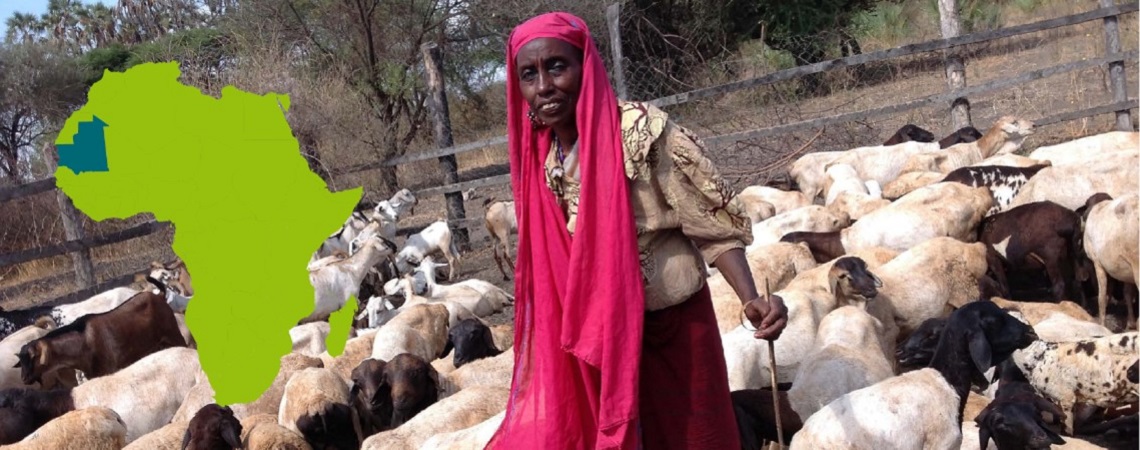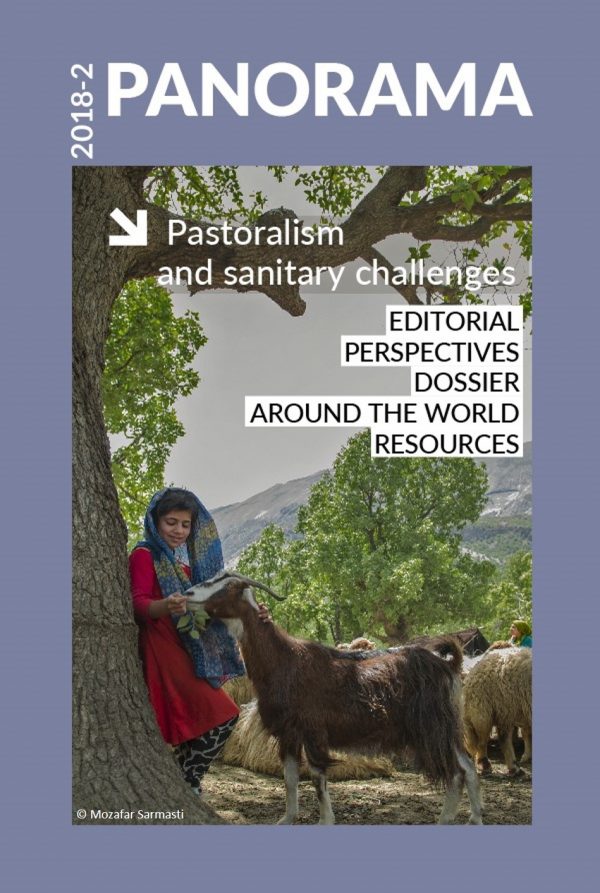Around the world Posted on 2019-02-04 14:57:44
Success stories
Transforming Veterinary Services in Mauritania with the PRAPS
Keywords
Authors
Idrissa Diarra (1) & Ahmed Bezeid EL Mamy Beyatt (2)
(1) PRAPS National Coordinator, Mauritania
(2) PRAPS Animal Health Specialist, Mauritania
The designations and denominations employed and the presentation of the material in this article do not imply the expression of any opinion whatsoever on the part of the OIE concerning the legal status of any country, territory, city or area or of its authorities, or concerning the delimitation of its frontiers and boundaries.
The views expressed in this article are solely the responsibility of the author(s). The mention of specific companies or products of manufacturers, whether or not these have been patented, does not imply that these have been endorsed or recommended by the OIE in preference to others of a similar nature that are not mentioned.
Mauritania is a prime example of a pastoral country, with over 1.7 million cattle, 1.5 million camels and 16 million small ruminants, for a human population estimated in 2017 at 3,758,571.
The PVS evaluation mission carried out by the OIE in 2010 revealed shortcomings in the performance of the country’s Veterinary Services.
The Regional Sahel Pastoralism Support Programme (PRAPS) launched in January 2016 arrived at a perfect time. The programme’s animal health activities, which serve to structure Veterinary Services, have two focuses:
- improving infrastructure and strengthening the capacities of national Veterinary Services;
- supporting the harmonised surveillance and control of priority diseases: contagious bovine pleuropneumonia (CBPP) and peste des petits ruminants (PPR).
In logistical terms, PRAPS support has enabled the acquisition of 38 off-road vehicles and ten motorbikes. This has produced results in the vaccination campaigns, with record figures, especially for PPR. The forecasts for 2018 are 2 million doses for CBPP (for 100% coverage) and 4 million for PPR (ten times the 2015–2016 figure).
The project also provides support for the implementation of baseline surveys (CBPP) and the creation of national strategic plans for control (CBPP) and eradication (PPR).
With regard to infrastructure, the PRAPS intends, in the long term, to build 100 vaccination parks and 25 equipped veterinary stations.
To improve the knowledge and skills of veterinary personnel, the PRAPS is supporting vocational training courses and diploma courses for 20 veterinary doctors at the EISMV in Senegal.
To strengthen epidemiological surveillance, the PRAPS is contributing substantial support to the Mauritanian Animal Disease Surveillance and Monitoring Network, REMEMA.
For the control of veterinary medicines, the project is supporting the implementation of an inspection unit by purchasing laboratory equipment and materials, training managers, and providing international technical assistance.
Once these initiatives have been completed, the country’s Veterinary Services will have been truly transformed.
http://dx.doi.org/10.20506/bull.2018.2.2873












